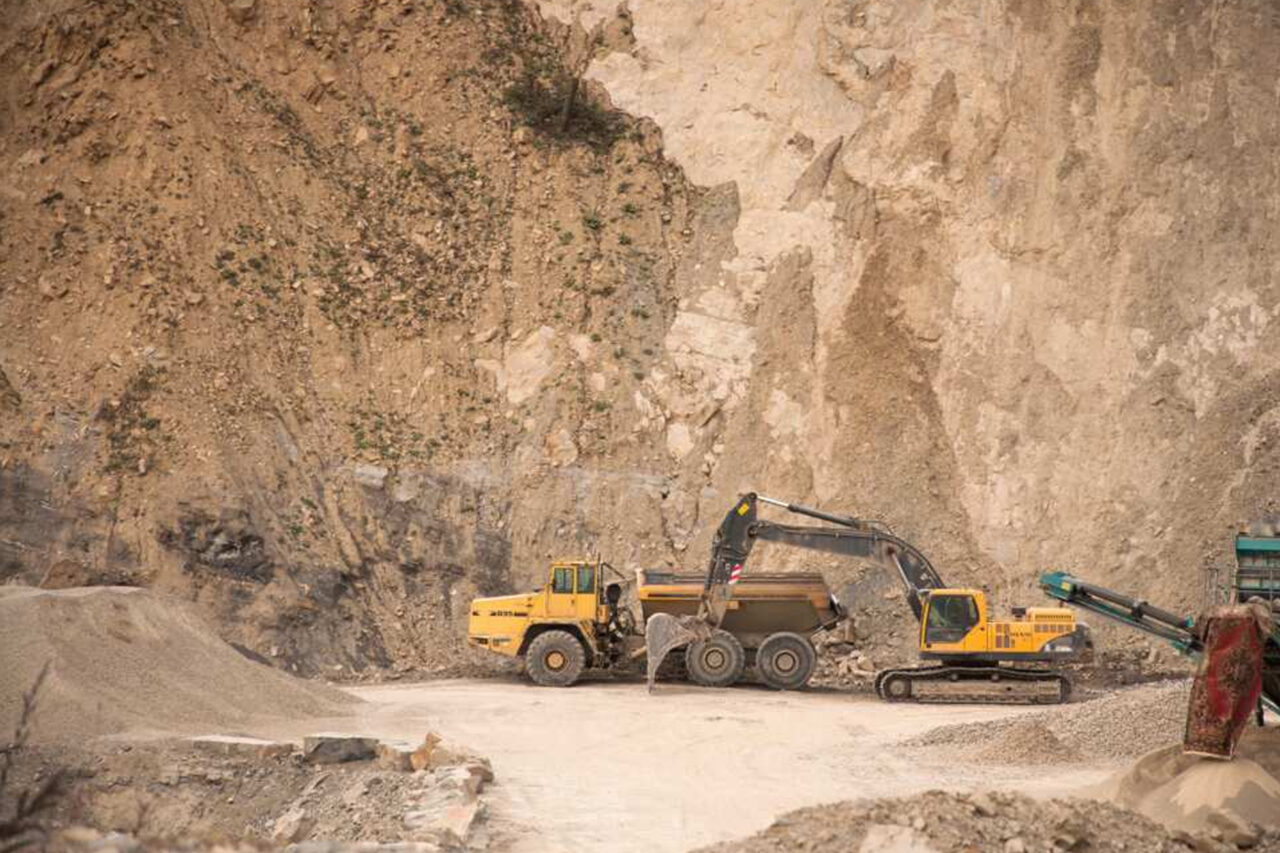A Non-Governmental Organisation (NGO), Global Rights, has accused the federal government and critical stakeholders of exploiting mining communities, including taking decisions without input from host communities.
The allegation was contained in an address by the Country Director, Global Rights, Nigeria, Mrs. Abiodun Baiyewu, at 2023 West African Mining Host Communities conference, INDABA, held in Abuja.
Baiyewu, noted that due to faulty governance systems, the extraction and trade of the resources found in mining communities often fuel conflicts, corruption and violence, hence the need to find solutions to the menace.
She said: “The late 1950s and ’60s were the heydays of independence and what great hopes we had. For some of our governments, the oil boom gave us a sense of invisibility, till mismanagement and rent seeking became a culture. Again, the communities from which these resources are exploited were victimized and have continued to struggle.
“The mythical resource curse caught up with us. Our environment continues to be ravaged, insecurity has become rife, and unemployment and poverty are the hallmark of most extractive rich communities. To further complicate our already dire straits, climate change is upon us.”
She quoted Section 17 (2) (d) of the Nigerian Constitution as saying that the “exploitation of human or natural resources in any form whatsoever for reasons, other than the good of the community, shall be prevented.
“The constitutions of almost all of our states in West Africa repeat the spirit of this subsection, as does the ECOWAS Mining Code and the African Mining Vision. Yet we again stand bewildered as we did 200 years ago asking how do we get out of these straits?
“Hence we called an indaba. An indaba by the way is a Zulu word for “an important meeting”. It also roughly translates as an equivalent of what we call “a solutions lab” at Global Rights.
“Annually, across several platforms across the world, governments and mining companies gather to decide our fate. The fate of our ancestral lands and of our children yet unborn. At these confabs, the people most impacted – extractive host communities are excluded. How do you decide for us without us? After all, we are the ones who know where the shoe pinches. We are the ones whose lands are desecrated, whose resilience are weakened. We are the ones.
“So, we chose to represent ourselves, to give ourselves agency to decide our own future as the African Mining Vision and African Charter on Human and Peoples Rights has accorded us in Sections 20-22. This annual gathering unites us as a people to deliberate and find solutions to the common challenges that we are confronted with as West Africans. It is a platform for open and inclusive dialogue where ideas, experiences, and solutions are shared collectively.”
She added, “We have also chosen to invite governments and mining companies. Perhaps, if they listen to us and dialogue with us, they might finally understand the powers that we have so generously bestowed on them are to protect our rights. Perhaps, they will understand afresh that the security of states start with the security of the people within the state, and adopt a human security paradigm to address the challenges around the efficient exploitation of our resources.
“We at INDABA are ready to share experience, to explore the patterns, challenges, and opportunities that have the potential to reshape the destiny of this remarkable region. Due to faulty governance systems, the extraction and trade of the resources found in our communities too often fuel conflicts, corruption, and violence, setting us into a spiral of insecurity that undermines the social and economic fabric of our communities.
“The failure to adopt climate smarting of these resources have also exacerbated these challenges. We will review our climate resilience as communities particularly vulnerable to climate change.
“We will ask critical questions around how to ensure that we are able to reverse the resource curse into the resource blessing. We will carve solutions together.
“Today, we indaba to set the scene for a broader conversation that goes beyond mere rhetoric. We aim to understand the intricate web of factors that have contributed to this insecurity and, more importantly, identify the opportunities and solutions that can drive positive change for the region.
“It is our collective responsibility to ensure that the wealth of West Africa’s minerals benefits the many, rather than the few and that it becomes a catalyst for peace, development, and progress.”
In his earlier remarks, the Executive Secretary of the Nigeria Extractive Industries Transparency Initiative (NEITI), Dr Orji Ogbonnaya Orji, said there is need for the creation of a unique tax force for the mining sector to combat insecurity and other issues affecting the mining sector.
- FG moves to secure natural resources, as presidential committee meets service chiefs - January 25, 2024
- Kogi govt pays JAMB registration fees for 15,033 public school students - January 24, 2024
- Edo Guber: APC debunks aspirants screening disqualification rumours - January 24, 2024

